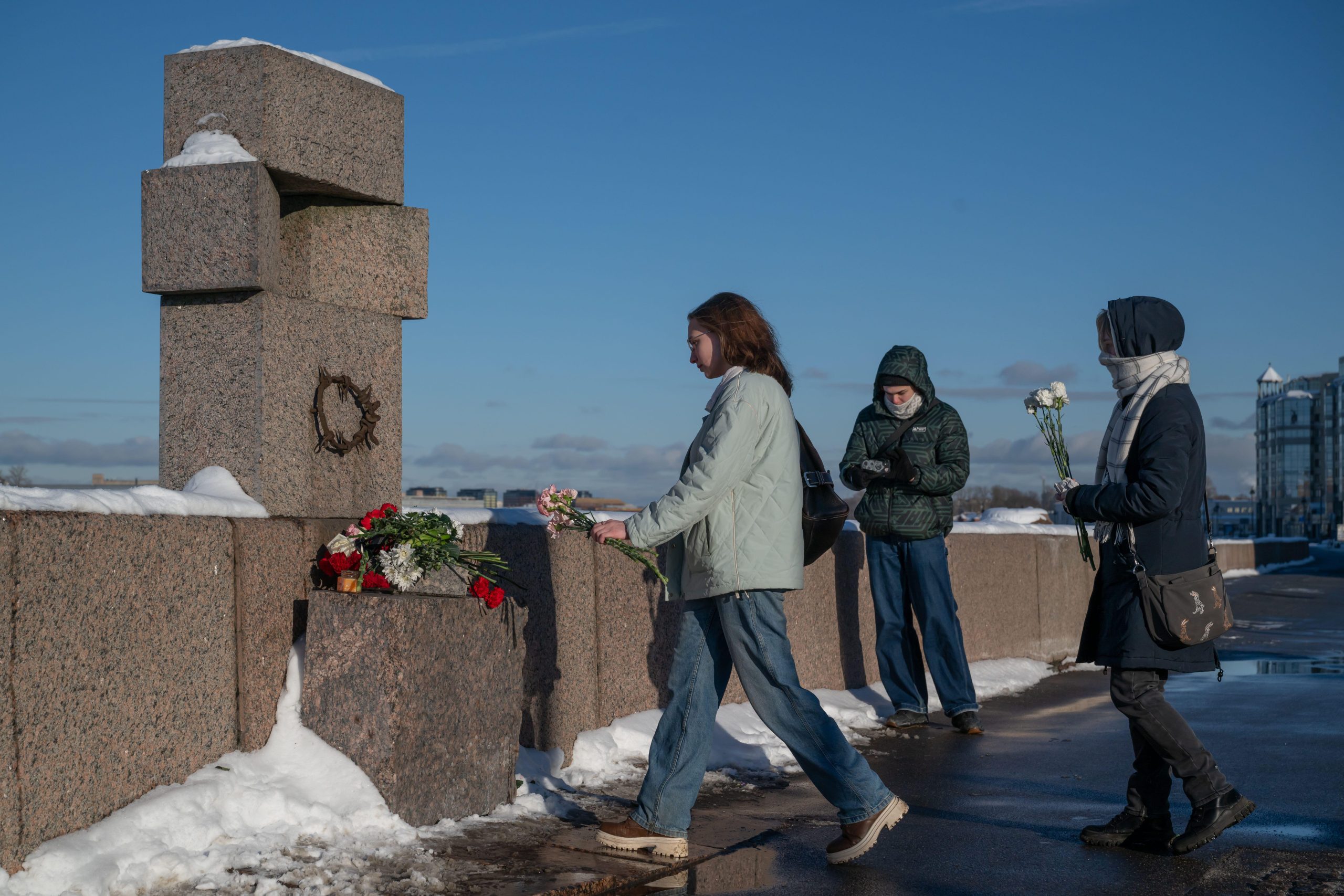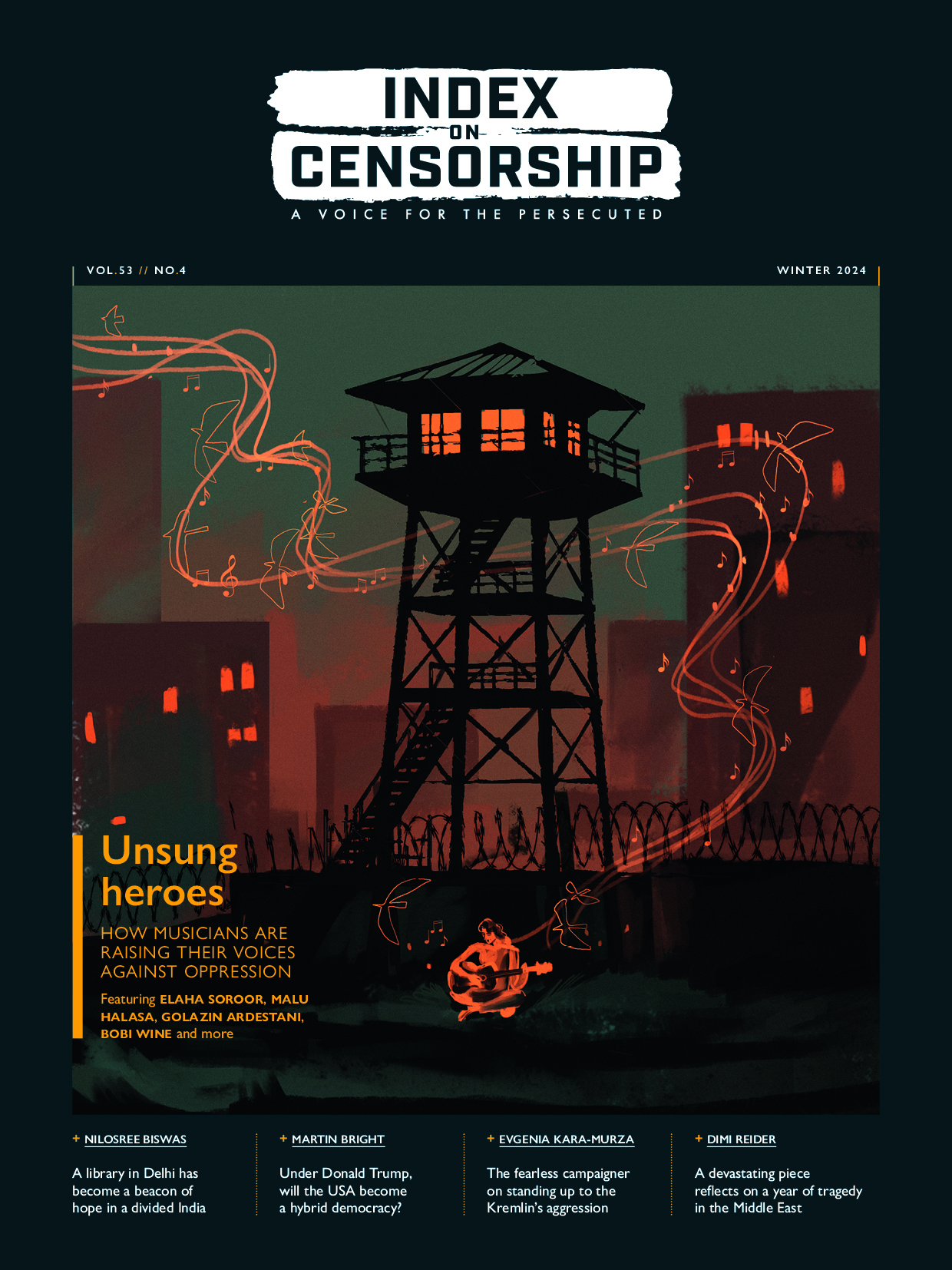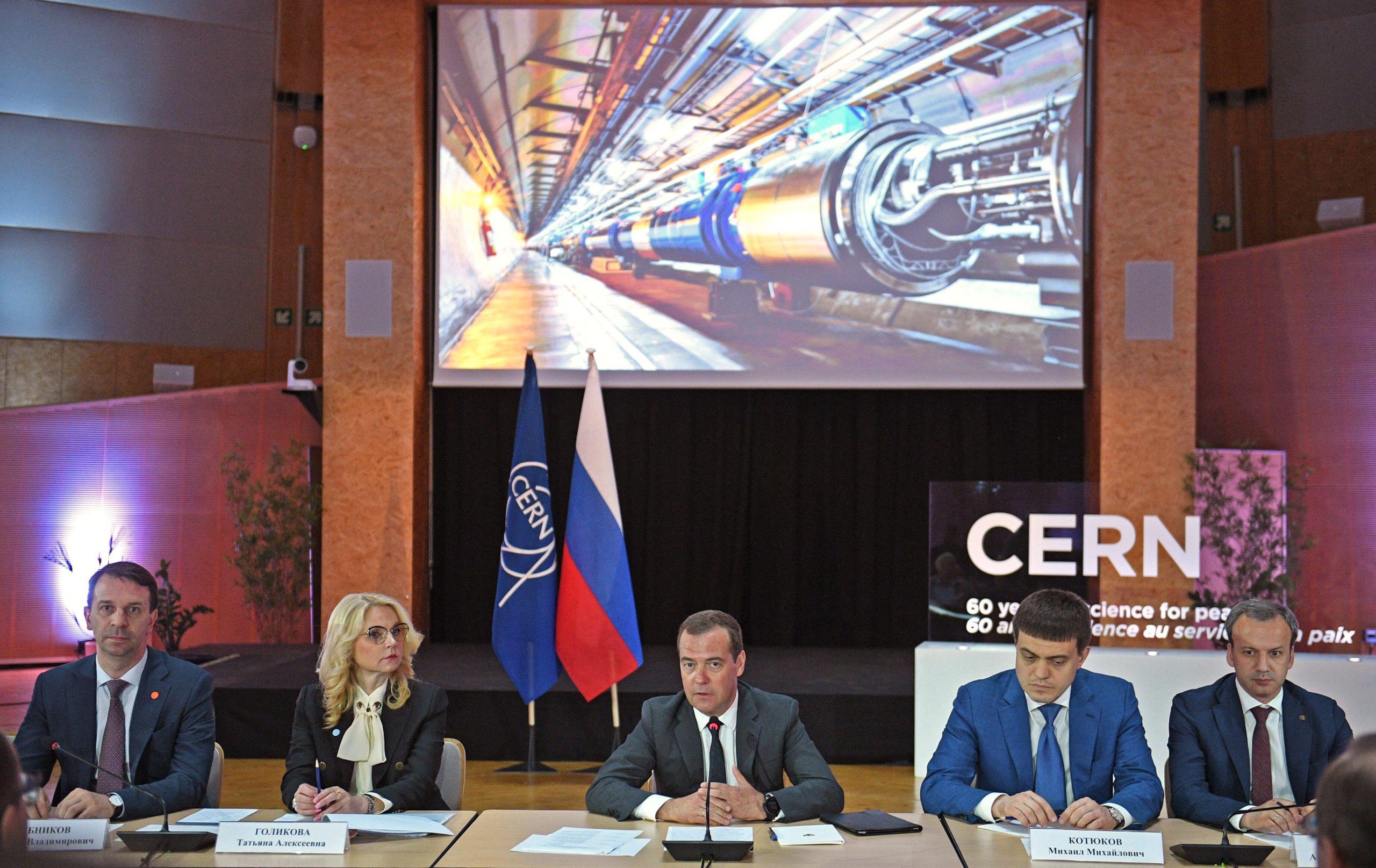Parliamentary elections were held in Russia yesterday (4 December). Several independent media websites were hacked on election day; journalists and rights activists claim this was to prevent coverage of electoral violations.
With 96 per cent of votes processed by 5 December, United Russia has polled 49.54 per cent. That’s a 15 per cent decrease since the 2007 elections. Consequently, United Russia, led by Vladimir Putin, has lost its constitutional majority. It now has just 238 out of 450 seats in the Russian State Duma.
The other seats were taken by the Communist Party (which polled 19.16 per cent), A Just Russia (13.22) and LDPR (11.66). Three parties, including the opposition Yabloko led by noted Russian economist Grigory Yavlinsky, didn’t get over the threshold of seven per cent necessary to enter the Duma.
Every major party bar United Russia complained of violations. Observers and journalists reported vote fraud and “carousels” when a group of the same people voted several times at different poll stations in an organised way.
Monitors said they were removed from polling stations after trying to complain, or that their complaints were not logged. At one polling station in Moscow the head of a district election comission ostentatiously poured hot tea on complaints filed by an observer.
Russia’s leading independent watchdog — GOLOS Association — reported over 5,000 violations. Yabloko and Communist Party observers said that in Moscow alone they logged no fewer than 50 incidents. The Interior Ministry said there were 2,000 election law violations registered, none of which were likely to affect the elections results.
Protests were held in Moscow and St Petersburg against “unfair elections” by several opposition movements. Most of the participants (about 100 people in each city) were detained.
It was difficult for journalists to report violations. Many independent media websites were hacked early on 4 December and were inaccessible for the whole day. One couldn’t read about fraud on websites of Echo Moskvy radio station, Kommersant newspaper, The New Times, Forbes Russia and Bolshoy Gorod magazines, or the Slon.ru news portal. Blogging service LiveJournal, a popular discussion platform, was also down, having experienced biggest hacking attack in its history. Finally, GOLOS’ website and its remarkable Map of Election Violations — an online map with messages about elections fraud from all over Russia — were hacked.
With the cyber-attacks preventing observers reporting fraud online, journalists and rights activists instead used Facebook and Twitter to spread and exchange information.
But in spite of their efforts, the head of the Central Election Commission Vladimir Churov expressed confidence in the results, claiming that thousands of violations reports were “lies” and the elections were held in line with the law. The OSCE filed a report saying that the Duma elections were “technically well-administered”, but “marked by the convergence of the State and the governing party”.
Critics rallied on 5 December, with over 5,000 people in Moscow protesting against “illegitimate elections”. Russian TV has yet to report this.




